For those of us who came out later in life, we’re often faced with scrutiny based on how “valid” our chosen identity is. (Okay, I came out at 16, so I’m not really sure I count as “later-in-life”, when compared to the average lesbian, but I definitely came out later than some of my peers. My queer peers, that is.)
“You’re not really a lesbian – you’ve never even dated a woman!”
“How do you know you’re gay if you’ve never had sex with a woman?”
“But… You’ve only ever been with men… so you’re not really gay.”
How many of these have you heard in your own life? I wish I could tell you that this barrage of (what feels like) personal attacks will stop once you’ve “established” yourself within the community, but for most lesbians… They don’t stop. I’m here to tell you that it doesn’t matter if someone else validates your identity. Your identity is personal, and only needs to make sense to you.
Opinions are like assholes.
Sorry to be so brash here, but there’s some truth in this old saying:
“Opinions are like assholes – everyone has one, and they all stink.”
Pretty much everyone you come into contact with is going to have an opinion about your life, and that opinion isn’t necessarily going to agree with your own opinions. Naturally, if your opinion doesn’t correspond with someone else’s opinion, you’re going to disagree.
When this opinion happens to relate to the validity of your personal identity, you’re definitely going to think their opinion stinks – and they’re probably going to think the same of yours. My advice? Ignore them – if someone chooses to invalidate your identity, they’re not only misinformed, but also incredibly arrogant.
No one says that to straight people.
While I can sort of appreciate the idea of having to “try” something before you know if it’s “for you” or not, the hypocrisy of the way this statement is conveyed from one person to another says a lot about them. I’ve known women who are quick to tell someone who identifies as straight that they could be gay and not even know, because they’ve never “tried it”. But, when someone who identifies as gay approaches them, and lacks the proper “experience”, they’re written off as if they’re just doing it for the attention.
As with any other forms of profiling, this is unfair, and often untrue. While I can accept that it is possible that someone could identify a certain way as a purely political statement, that doesn’t make it the default – and I refuse to believe that it is the default reason why a person would come out.
I think the worst thing about this is that it implies heteronormativity, even within the queer community. Personally, I’ve been guilty of this type of erasure with bisexual friends – it’s so ingrained into our day-to-day interactions that we forget that it’s really not that common to come out “just for fun”.
Your love life is no one else’s business.
Here’s a little bit of fun: I get paid to talk about my love life, both romantically and sexually. I love what I do, but a lot of that love comes from the knowledge that it’s not an obligation, it’s a choice. There is nothing that someone could do to make me tell them about my love life, and if you’re struggling with invalidation by your peers, it might be helpful to know that it’s none of their business what your experience is.
Sure, in some situations, people are going to know your business. It’s almost unavoidable. But when they answer you about your personal business, you don’t have to give them an answer. They’re going to make their own speculations either way. You can’t “talk yourself into” credibility, so it’s best if you decide that other people’s validation doesn’t matter to you.
Your label (and identity) are defined by you and you alone.
Arguably the most important reason why another person’s validation of your identity is irrelevant is that your personal identity is… Well… personal. People are entitled to disagree with your identity as you define it, but that doesn’t make it wrong. That just means that they disagree.
There are “general guidelines” that apply to most of the commonly-used labels (such as stud vs. femme, lesbian vs. bisexual vs. straight, etc.), but these guidelines should be viewed more as an average. The words you choose to identify yourself tell a lot more about you than the words that other people use to define you. (This is particularly true if you use negative descriptors for yourself, although we’re going to consider your sexual identity a neutral descriptor.)
It can feel great when people agree with your self-identification, and it can be painful if people don’t agree. But it’s most important that you agree with your label – which means, if you consider yourself a lesbian, it doesn’t matter if you don’t have any “references”. If you feel that you’re a lesbian, you are a lesbian.
You probably will have a girlfriend eventually.
Most people don’t come out of the womb already partnered – and most people don’t come out of the closet with a girlfriend, either. That doesn’t undermine your identity. It doesn’t invalidate your experience. It doesn’t even make you a minority!
If you haven’t had a girlfriend yet, don’t worry – it doesn’t mean anything negative about you. In fact, a lack of a girlfriend early in your “queer career” (no, I don’t mean that being gay automatically gets you a paycheck, sadly) usually means that you’re more particular about who you date – which is definitely a good thing.
Asexuality is also a very real (and valid) identity.
Even if you don’t ever have a girlfriend, that doesn’t mean anything negative, by default. If you’re genuinely not interested in getting a girlfriend, asexuality (or aromanticism) is a very definite possibility that’s still picking up attention – it’s worth looking into if you don’t feel that you “fit” into another label.
Given the theory that sexuality is fluid, anyway, it makes sense that people may go through a period of asexuality, even if they are otherwise a highly sexualized person. My partner likes to joke that I’m acutely asexual if it’s been a little longer than she’d like since the last time I “gave it up”.
While her joke does inadvertently minimize the actual asexual community, it’s an idea I have played with in my head – do I go through periods of asexuality, interspersed with periods of hypersexuality? Statistically speaking, it’s very possible, although I’m way too lazy to do the science-y stuff it would take to figure out if that’s actually the case with me. Particularly for those who are questioning their sexuality after a specific incident with someone of their normally-preferred-gender, acute asexuality should be seen as a possibility (and the existence of acute asexuality is absolutely separate from “permanent asexuality”).
Why does anyone else even care?
As humans, we’re almost pre-programmed to think that our opinions of someone else’s life are not only warranted, but welcomed. Of course, we also reject someone else’s perceived opinions of us unless they correspond with how we feel about ourselves. These two theories seem to contradict, but in reality, it makes a lot of sense that this is how most people feel.
Expressing our opinions comes from a place of confidence. When we are certain of how we feel, we’re more likely to communicate those feelings. We’re also programmed to think that we’re right, unless someone presents a compelling argument as to why we’re wrong. Naturally, this applies to ourselves as well as others.
When we assert our opinions as “facts” over others, we are generally presenting ourselves as arrogant. A stubbornness and a refusal to accept someone else’s truths as objective facts goes beyond the normal amounts of “confidence” and encroach on self-centered behavior. So, in short, their rejection of your personal identity doesn’t mean your identity is wrong – it means they’re narcissistic. Give yourself a pat on the back and walk away – they’re not worth any more of your time.
[interaction id=”56fd3e285ac3fae67ab32585″]

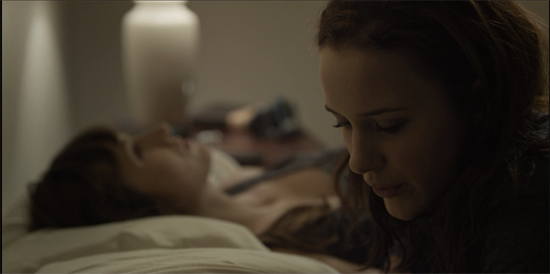

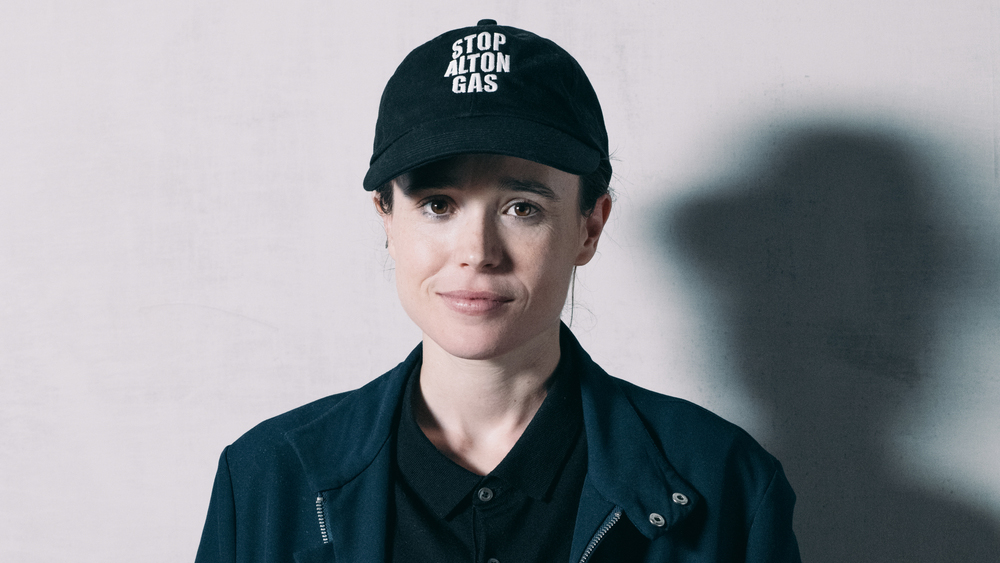
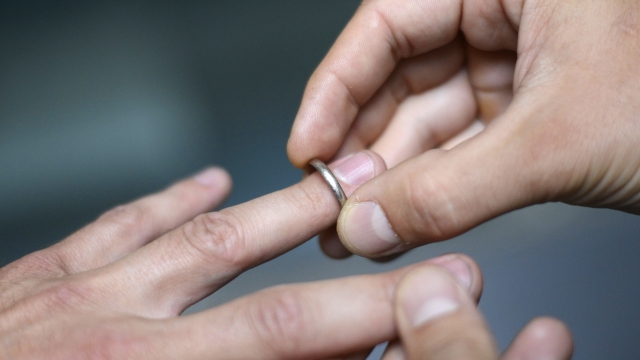
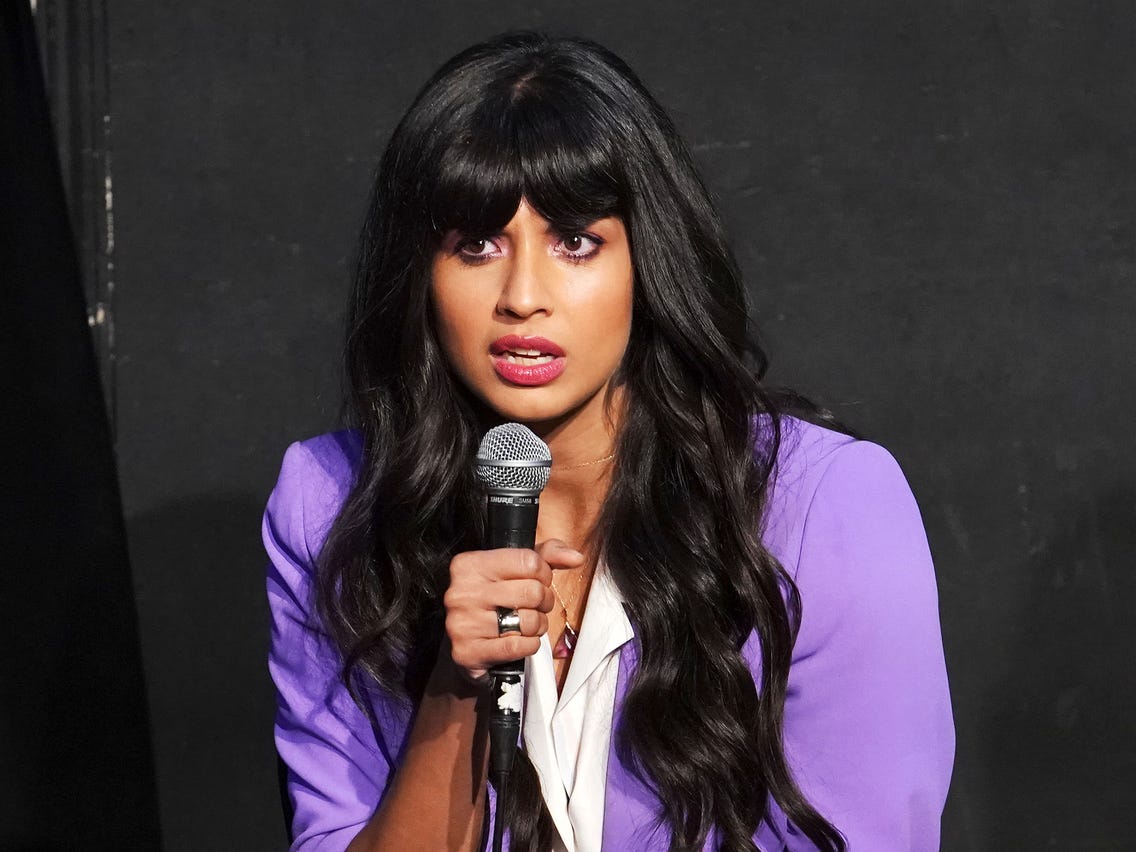
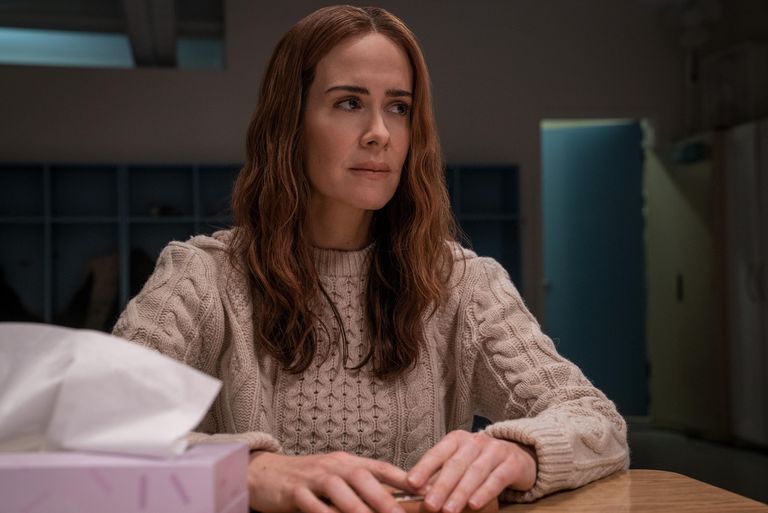



2 thoughts on “Why it’s OK if You’ve Never Had a Girlfriend”
I really like this site, truth I admit to myself when I turned 40, I am gay and like girls. For a very long time I was a recluse with no interaction with people, its past. I fallen for a woman 11 years younger then me, only to find out she played me for a fool. I had a whole array of emotions I had to deal with now I patiently awaits for the woman who wants me 100% because that’s what I give.
This made me fell a lot better, since I decided (at the age of 26) to be who I am, that and I don’t really care about others opinions of my life and no longer feel scared (like when I was younger). I really love these articles!